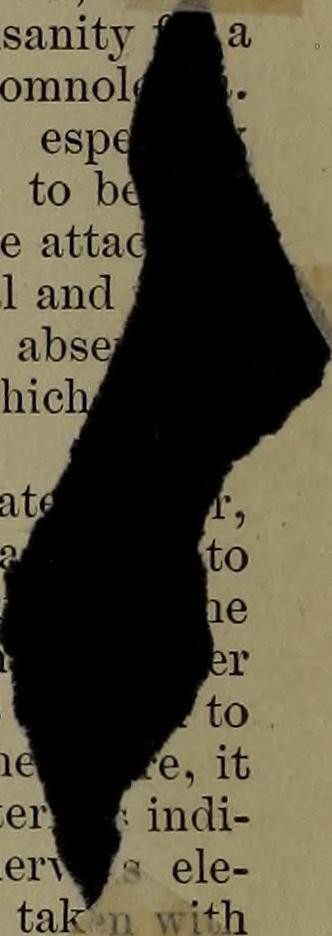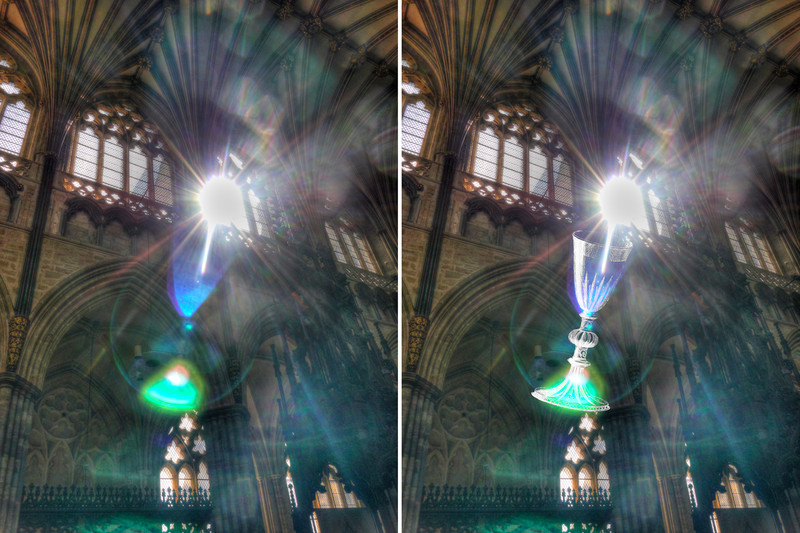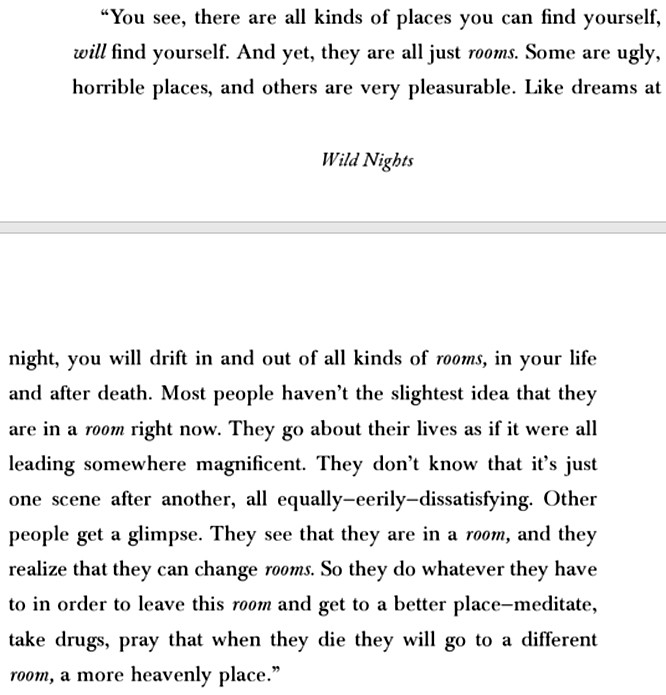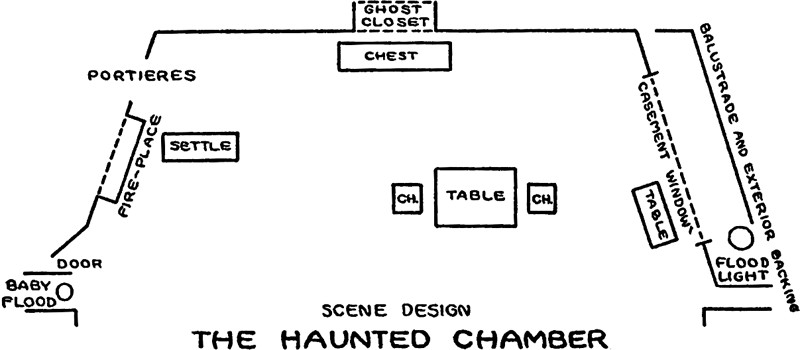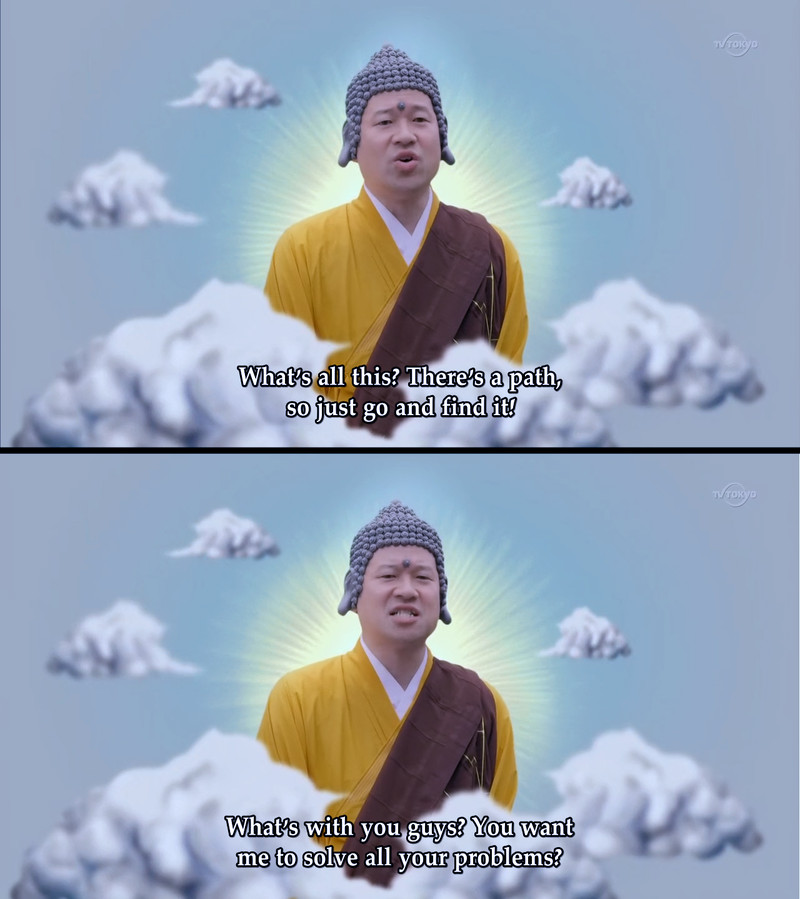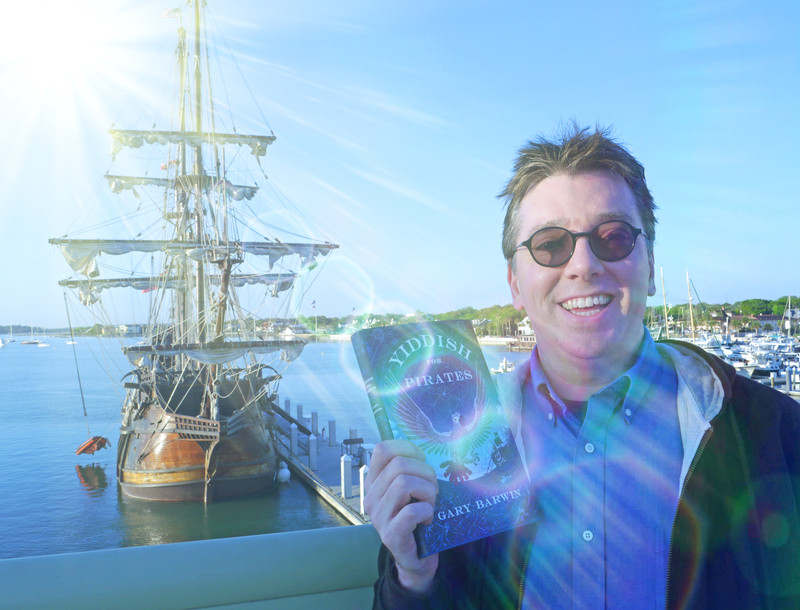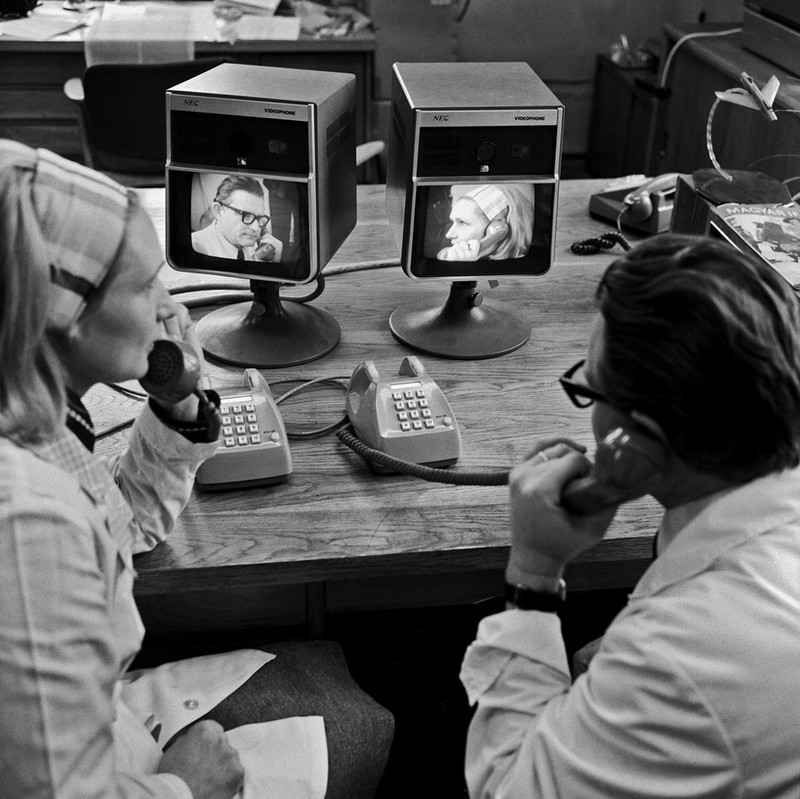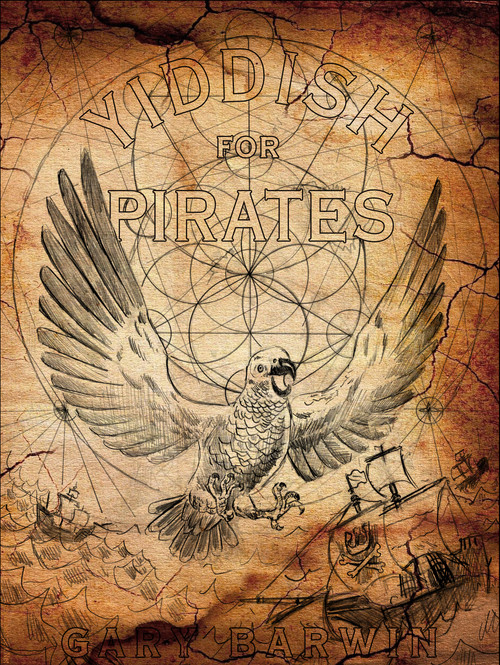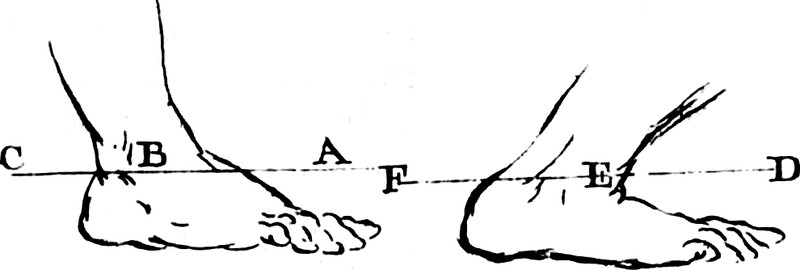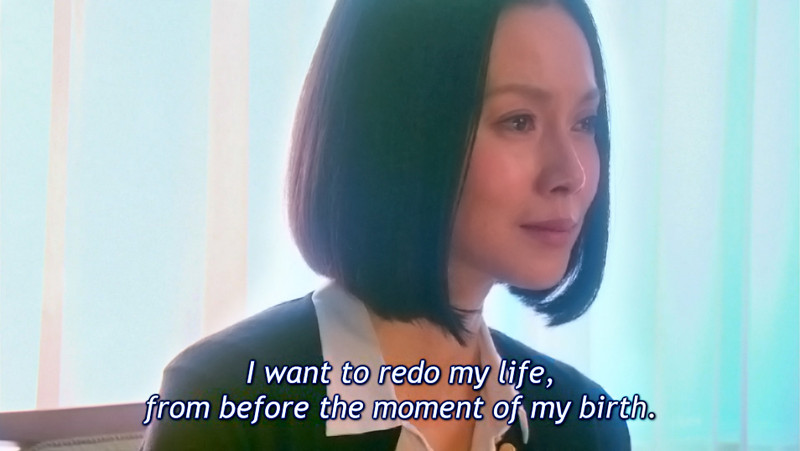I Found a Penny Today, So Here’s a Thought
|

 |
|
|
 |
 |
 |
"Beyond the text lies the Deus absconditus, the hidden, destructive God who may well be simply a human projection, a dangerous idol." —Hans W. Frei, Theology and Narrative: Selected Essays (1993)
|

 |
|
|
 |
 |
 |
A book that is conscious of its own existence? Not only is that possible, but there's more than one of them.
Tic Tac Tome: The Autonomous Tic Tac Toe Playing Book not only knows your next move as you play a game with it, but when asked in the introduction if it's aware of its own existence, the book asserts its consciousness and then eerily tells the reader that the real question is whether the reader truly exists or is merely a manifestation of its paper-based imagination. With every round of the game, the reader feels increasingly certain of the book's sentience.
The Young Wizard's Hexopedia reads the mind of its reader throughout, again and again predicting the reader's very next thought or opinion about the information. In the first chapter the book divines whether or not the reader has begun reading in lieu of a pressing responsibility.
Clive Barker's demon-narrated novel Mister B. Gone, which increasingly damns the reader's soul with every word read, begs its reader to close its pages and knows if the reader is still there. The demon explains that this book will do the reader harm beyond description unless the reader does as asked and simply stops reading. The book can tell whether the reader has trusted the demon and stopped reading.
More subtly, but of special interest to literary critics, in Tom Robbins' Even Cowgirls Get the Blues, the omniscient narrator weaves the reader's consciousness into the novel's by craftily using first-person plural pronouns to transform monologues into dialogues, thus uniting author and reader. As one analyst has noted, "Suddenly the omniscient narrator reads the mind of the reader, moving beyond the limits of the facade of so-called reality and reminding readers that they too are part of the illusion of truth that a story pretends. The alienation from the text as truth keeps them aware of the illusion. The reader colludes with the writer/narrator in the success of the fiction" ( Tom Robbins: A Critical Companion).
|

 |
|
|
 |
 |
 |
Here's all you have to do:
- All you have to do is listen. (Rob Kapilow, 2008)
- All you have to do is ask. (Meredith Walters, 2007)
- All you have to do is be the middleman. (Jay Abraham, Getting Everything You Can Out of All You've Got, 2000)
- All you have to do is win. (Trent Frayne, 1968)
- All you have to do is glance at your calendar. (Savitri Ramaiah, Lifestyle During Pregnancy, 2003)
- All you have to do is balance your weight. (Edwin Burford, Skiing Made Simple, 2007)
- All you have to do is share your experience, strength, and hope. (Robert Perkinson, The Gambling Addiction Patient Workbook, 2003)
- All you have to do is select items from a series of menus and the system does all the work. (Dinesh Maidasani, Comprehensive Information Technology)
- All you have to do is walk out your front door. (Howard Wimer, Inner Guidance and the Four Spiritual Gifts, 2014)
- All you have to do is to hit the RIGHT target with the RIGHT weapon at the RIGHT time. (J. C. Kemmerer, Tournament Sparring, 2011)
- All you have to do is be open. (J. K. Ellis, Perfected Mind Control, 2006)
- All you have to do is to make it happen. (Terence Hamilton-Morris, Spirit Rises, 2013)
- All you have to do is cut your calories and watch what you eat. (Dag Albright, Chicks, 2007)
- All you have to do is sort out your own theory of direct mail. (Tony Attwood, Education Marketing, 2005)
- All you have to do is think properly. (Charles Mangua, Son of Woman in Mombasa, 1986)
- All you have to do is be still and tap into the energy. (Danielle Garcia, Angel Blessings, 2008)
- All you have to do is put that down. (Zane, Infinite Words, 2015)
- All you have to do is live the life. (Angus Buchan, Now is the Time, 2014)
- All you have to do is decide what you want to change. (Nevaeh Michael, Fall in Love Again, 2012)
- All you have to do is start. (Leo Babauta, Zen to Done)
- All you have to do is send people to the offer and hope they buy. (Tracy Repchuk, 31 Days to Millionaire Marketing Miracles, 2013)
- All you have to do is change your thoughts. (Theron J. Houston, I Once Was Lost, 2009)
- All you have to do is have Ralph watched when he comes into your city. (Jeff Inlo, Soul View)
- All you have to do is state firmly but in a friendly manner, "No thanks, I have other plans." (Keys to Learning, 2007)
- All you have to do is get out of your comfort zone and be ready for new experiences. (Romy Miller, How to Be the Man Women Want, 2009)
- All you have to do is find a sheet of words, the words being colours. (Michael Robinson, 10 Ways to Enhance Your Mind and Become More Efficient, 2013)
- All you have to do is sit back and wait for the money to start rolling in. (Marketing your Ebook)
- All you have to do is work backwards and precisely calculate what has to happen to make that journey. (Getting Everything You Can Out Of All You've Got, 2013)
- All you have to do is circle all that apply. (S. F. Berk, The Gender Factory, 2012)
- All you have to do is simply attend. (Jonathan C. Smith, Relaxation, Meditation, & Mindfulness, 2005)
- All you have to do is list what you want out of life and then sign your name at the bottom. (Alternate Gerrolds: An Assortment of Fictitious Lives, 2013)
- All you have to do is believe, let go of the past, and move forward! (Tammy Lynn Robinson, Thoughts of the Heart, 2013)
- All you have to do is show up. (Nancy Whitney-Reiter, Now is the Time to Do What You Love, 2009)
|

 |
|
|
 |
 |
 |

Weather Proverbs for Cloud Computing
text and illustrations by Prof. Oddfellow (for Red Column magazine)
William Gibson's cyberpunk vision was prophetic: the fuzzy gray sky above us is "the color of television, tuned to a dead channel" (Neuromancer, 1984, p. 1). Technology woven into the fabric of the heavens? As in the Hermetic maxim, "That which is Below corresponds to that which is Above," and vice versa (The Emerald Tablet of Hermes Trismegistus). Just as there are weather patterns in the atmosphere, there are weather patterns in what Teilhard de Chardin dubbed the noosphere. Life, like the sky and "like the sea, has its storms and calms, its uproar and great vistas" (pseudo-Fourier, quoted in Maurice Halbwachs' The Psychology of Social Class, 1958, p. 9). Indeed, there are many types of storms on many dimensions: "psychological, emotional, winds of afflictions, and winds of adversity" (Herbert C. Gabhart, The Name Above Every Name, 1986, p. 72). We speak of "cloud computing," but a cloud can have any number of shapes, determined by the principal quantum number (Edward Edelson, Parents' Guide to Science, 1966, p. 63). Looking up to the Neuromantic sky, we realize that we lack a language for prognosticating the climate of our cloudy computing. The earliest records of weather among every culture are to be found in myths and folklore, which describe clouds and other natural phenomena in highly figurative language, referring them to supernatural agencies or astrological influences by way of explanation (Ralph Abercromby, Weather: A Popular Exposition of the Nature of Weather Changes from Day to Day, 1887, p. 3). Over the centuries, the premonitory signs of good or bad weather became formulated into short sayings. In the spirit of this tradition, we offer ten immemorial proverbs translated for Second Memory:
If the crow speak by night and the jackal by day, a torrent there'll be in an unusual way.
Flash memory never strikes the same address twice.
A rainbow at night is the admin's delight.
If latency 'fore seven, 'twill cease by eleven.
On St. Michaelmas Day, the devil puts his foot on the Blackberry.
If an Apple has a worm, the day lengthens.
The flapping of an Amazon butterfly's wings may set in motion a chain of events that culminates in a midwest outage.
If the sky beyond the iCloud is blue, be glad; there's a picnic for you.
What goes up in a FLOP comes down in a drop.
The full moon has the power to drive away the cloud.
—Prof. Oddfellow (a.k.a. Craig Conley) is the author of Seance Parlor Feng Shui, The One Minute Mystic, The Care and Feeding of a Spirit Board, The Carte Blanche Atlas (of empty maps), Heirs to the Queen of Hearts: Tracing Magical Genealogy, The Skeleton Key of Solomon, How to Hoodoo Hack a Yearbook, and many others. His website is MysteryArts.com
|



 |
|
|
 |
 |
 |
From Marilynne Robinson's Housekeeping: "There is so little to remember of anyone—an anecdote, a conversation at table. But every memory is turned over and over again, every word, however chance, written in the heart in the hope that memory will fulfill itself, and become flesh, and that the wanderers will find a way home, and the perished, whose lack we always feel, will step through the door finally and stroke our hair with dreaming, habitual fondness, not having meant to keep us waiting long."
|





 |
|
|
 |
 |
 |
You've seen people at a table, all looking at their phones. This isn’t a new phenomenon. As Pamela Taylor has said, "We keep looking at all of the ways that technology pulls us apart from one another—we should start thinking about ways it can bring us together." (Photo via KULTÚRA.)
|

 |
Here's our take on "going with the flow."
|

 |
They say that everybody has a novel inside them, but that's patently false. If you don't have a novel inside you, there may at least be an article that inspires someone else's novel.
We're gobsmacked that our groundbreaking research into the relationship between pirates and parrots ( "Buccaneer Birds and Parrots of the Caribbean," first published in Amercian Cage-Bird Magazine, March 1993) went on to be an inspiration for acclaimed author Gary Barwin's novel that's narrated by a parrot pirate, Yiddish for Pirates. This qualifies as a Retroactive Lifetime Goal (phrase used courtesy of literary humorist Jonathan Caws-Elwitt). Unrelated except in the sense of the Barwinism that underlies all that we see and hear, Gary Barwin has dreamily transformed our recording for the Poet Laureate of Calgary, in which we set to clockwork music the punctuation of an otherwise-erased page from Andy Warhol's a: A Novel. Here's an mp3 of the otherworldly Barwinian transformation:
|



 |
|
|
 |
 |
 |
We’re so glad that our cloud-busting app hadn’t been invented when this postcard came out. Don’t you just know that there’d have been somebody on the street who’d have taken delight in dissolving that bunny?
|



Page 137 of 170

> Older Entries...

Original Content Copyright © 2025 by Craig Conley. All rights reserved.
|



